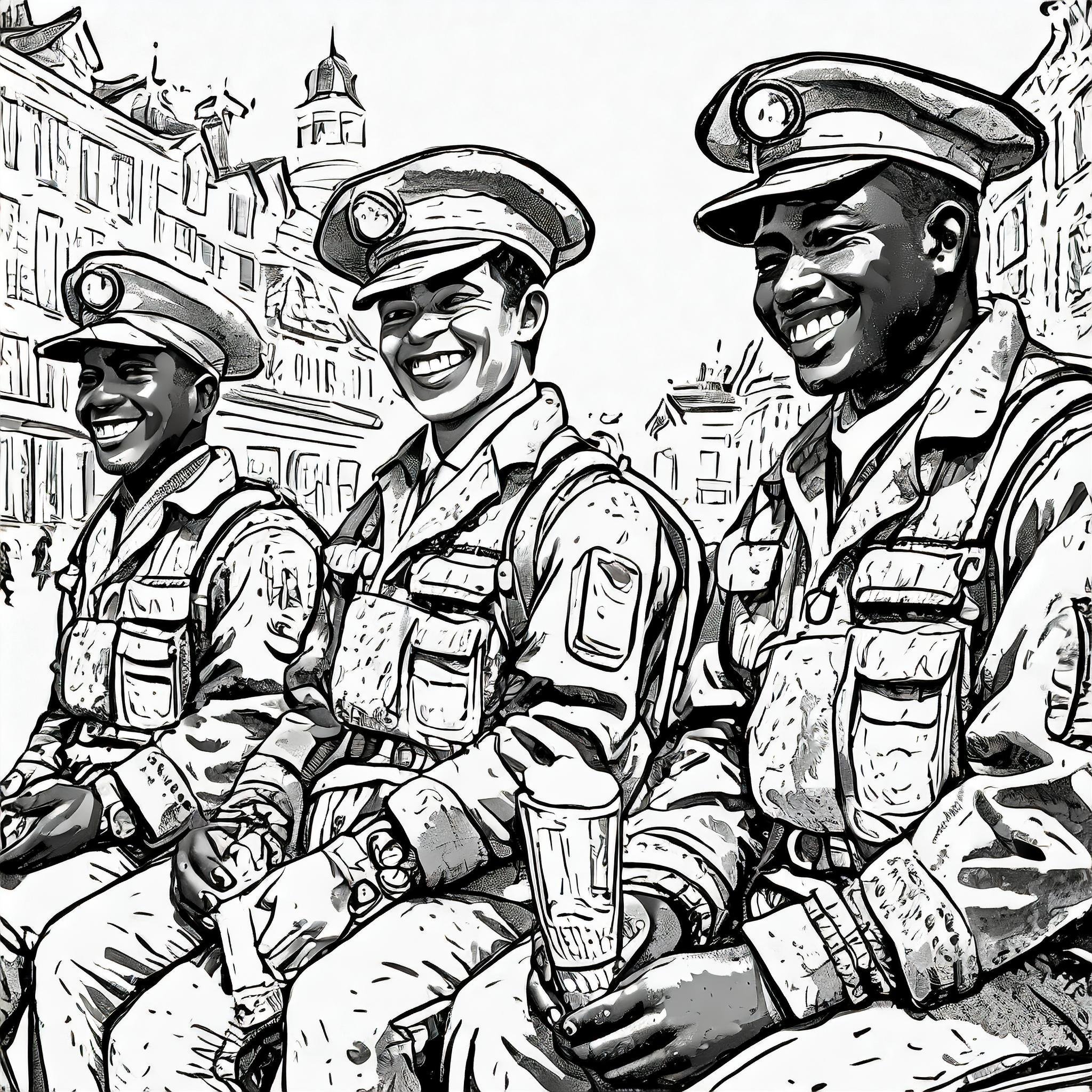The past months, weeks, and especially the last days before the U.S. Army captured the city were so nerve-wracking that it seemed as if the last days of the war had lasted years.
This post has been moved. Please follow us on Medium to read and/or listen (!) to it in full.
The Bright Side of the Doom, a Prequel to 1984, The 18-Year-Old Who Wrote a Note and Disappeared is now available worldwide in bookstores as a hardcover, paperback, and e-book‼️
